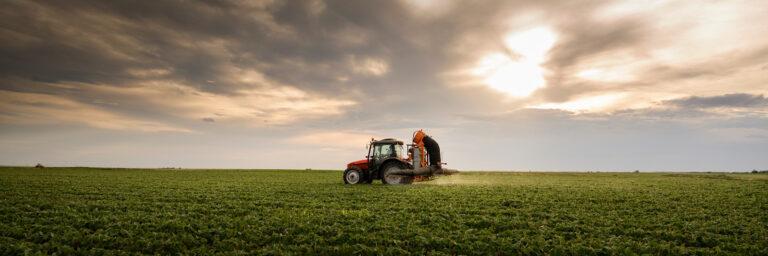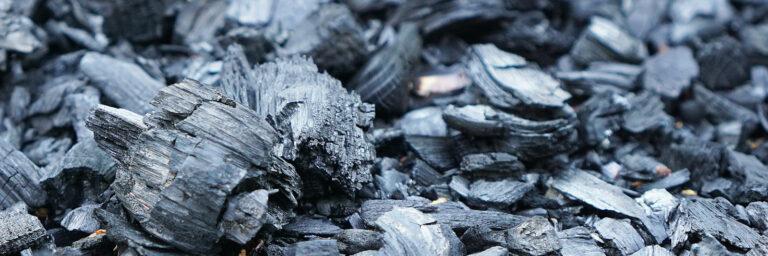
April Business Update: SRUC
After two years of operation as a Limited Company, Agrecalc became part of Scotland’s Rural College (SRUC) as of 1 April 2025.
We have informed our readers that, during the re-development of our Soil Carbon Module for Agrecalc Cloud, we encountered inconsistencies that may have affected a limited number of users.
We are therefore pausing the reporting of results from the soil carbon module until these issues are resolved.
The use of the module and the test results that have come out of it have only been made available to a select number of consultants, and therefore this pause will not affect the majority of our customers.
The data collected during this period will still help guide the ongoing module development, with the plan to restart it once the spring 2024 upgrade is completed.
We had initially planned to move to reporting the outputs of the soil carbon module as a traffic light system, rather than absolute values in both the current and new platform (Agrecalc Cloud).
That traffic light system had the aim to focus more on farm practices, so that users can still utilise our tool to guide their transition to better soil management.
You’re probably aware that Agrecalc works closely with our customers, partners and users during all aspects of the tool’s development. Based on feedback received, we are now taking action.
Our customers indicated a preference for numerical values. This has led to a decision to temporarily pause access to the soil carbon module, whilst further necessary changes are made, to ensure the integrity in any numerical reporting.
The updated module will better capture the impact that historical management practices have had on the soil. This will allow for more accurate estimation of today’s soil carbon storage potential.
The temporary pausing of access to soil carbon module test results will only affect a small percentage of users. The largest number of Agrecalc users will be completely unaffected by this.
The Agrecalc Team
The small percentage of users who had access to the module will notice that the only item missing from the Reports are the results. The fields for data entry will still be on the platform.
We encourage you to still enter your data, as it will enable the recalculations to happen once the upgraded soil carbon module is released.
Please note that on release of the new module in spring 2024, you will need to supply some additional input data around historical management practices.
As the science underpinning measurement, reporting and verification (MRV) advances, so will our calculator evolve to reflect those methods and practices.
We understand that more advanced soil carbon models require more precise data, which means soil testing is needed, alongside recording associated activity data and land management practices. Agrecalc Cloud will enable users to input direct measurement of soil carbon where they have correctly sampled and analysed their soils.

After two years of operation as a Limited Company, Agrecalc became part of Scotland’s Rural College (SRUC) as of 1 April 2025.

Biochar is a carbon-rich material produced by pyrolysing biomass, which offers a variety of potential agronomic benefits. In this guest article, Black Bull Biochar discusses how these effects work together to bolster productivity, sustainability, and resilience in farming.

The Agrecalc team is looking forward to welcoming you at our stand (2.844) at this year’s Low Carbon Agriculture Show, taking place on March 5 and 6, at NAEC Stoneleigh near Kenilworth.